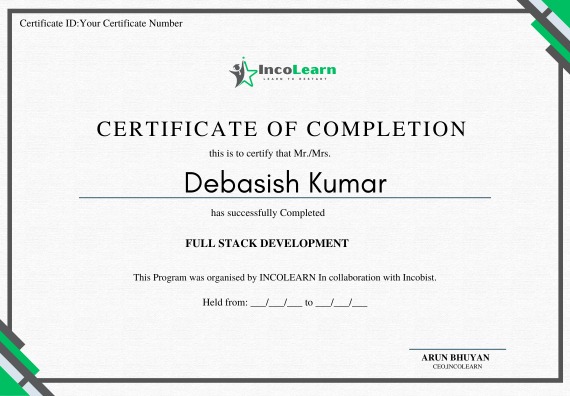
Master Six Sigma methodologies with our Black Belt course. Gain advanced skills in process improvement, statistical analysis, and project management. Designed for professionals aiming to lead Six Sigma projects and drive organizational excellence through data-driven decisions.
Advanced process improvement techniques.
In-depth statistical analysis skills.
Comprehensive project management strategies.
Real-world case studies and applications.
Expert guidance from Six Sigma professionals.
Certification upon successful completion.
To enroll in the Six Sigma Black Belt course, you should have a foundational understanding of Six Sigma principles and basic statistical methods. Previous experience in process improvement projects is beneficial but not required.
A strong grasp of Six Sigma Green Belt concepts is essential. You should be comfortable with statistical analysis and have some experience in managing process improvement projects. Familiarity with quality management systems will also be helpful.
Module 01: Introduction to Six Sigma
Module 02: Define and Measure Phases
Module 03: Analyze and Improve Phases
Module 04: Control and Sustain Phases
The Six Sigma Black Belt certification demonstrates your expertise in Six Sigma methodologies and your ability to lead and manage complex projects. It is a
To qualify for the Six Sigma Black Belt exam, candidates must have a Green Belt certification and a solid understanding of Six Sigma principles. Practical
The Six Sigma Black Belt exam typically includes multiple-choice questions covering various aspects of Six Sigma methodologies, statistical analysis, and project
Becoming a Six Sigma Black Belt opens up advanced career opportunities, enhances your ability to lead complex projects, and demonstrates your commitment to process

Gain a strong grasp of key Six Sigma Black Belt concepts with our in-depth course.
Learn at your own pace and schedule, fitting the bootcamp into your busy life.
Learn from seasoned professionals who provide real-world insights and support.
Engage with hands-on projects and interactive sessions for practical learning.
The Six Sigma Black Belt certification demonstrates a professional's expertise in Six Sigma methodologies and tools, focusing on leading and managing improvement projects t
Eligibility typically includes having prior experience in Six Sigma projects, usually at the Green Belt level, and a thorough understanding of the fundamental Six Sigma con
Before pursuing the Black Belt certification, candidates are generally required to have completed a Six Sigma Green Belt certification and have experience in leading or
The exam typically consists of multiple-choice questions covering various Six Sigma topics, including DMAIC (Define, Measure, Analyze, Improve, Control) methodology, statis
Achieving a Six Sigma Black Belt certification can lead to enhanced career opportunities, higher earning potential, and recognition as an expert in process improvement and